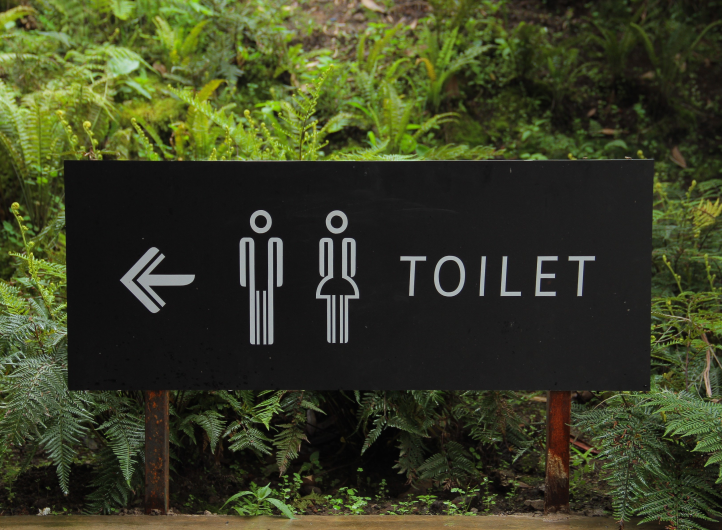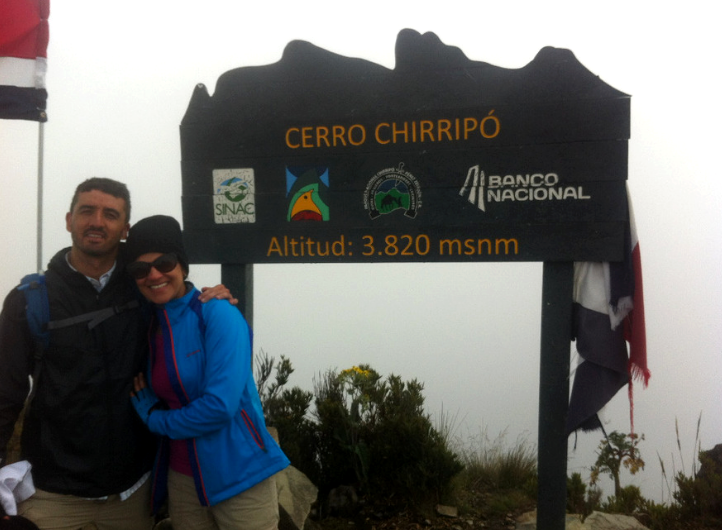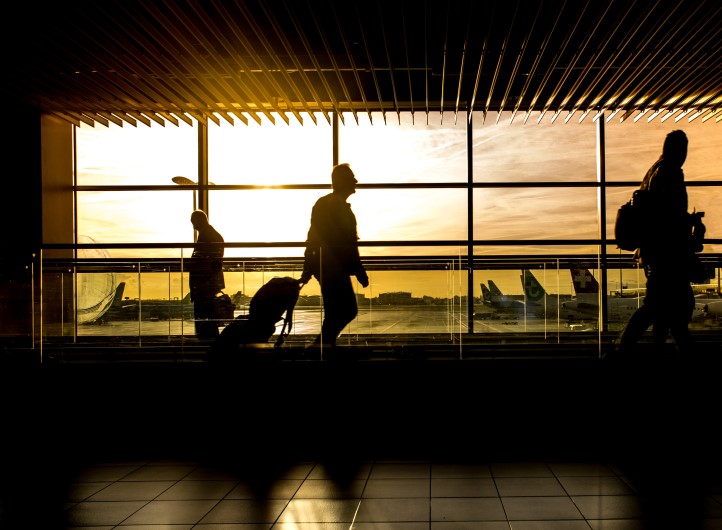There’s nothing that plagues travellers more than diarrhea. Caused by ingesting bacteria, viruses, or protozoa, Travellers’ Diarrhea (TD) is one of the trickiest illnesses to avoid. Fortunately, most cases resolve after a few unpleasant days but in some, TD can lead to more serious health effects or conditions such as Postinfectious Irritable Bowel Syndrome (PI-IBS). In today’s blog, we’re looking at some of the ways you can reduce your risk and what to do if you get sick during your trip. What’s the risk? TD can affect up to 70% of travellers. It is most commonly caused by bacteria (such as Escherichia coli, Campylobacter jejuni, Shigella spp., Salmonella spp., and others) transmitted via the fecal-oral route – when infected ...












